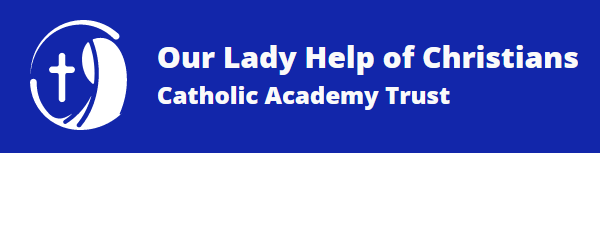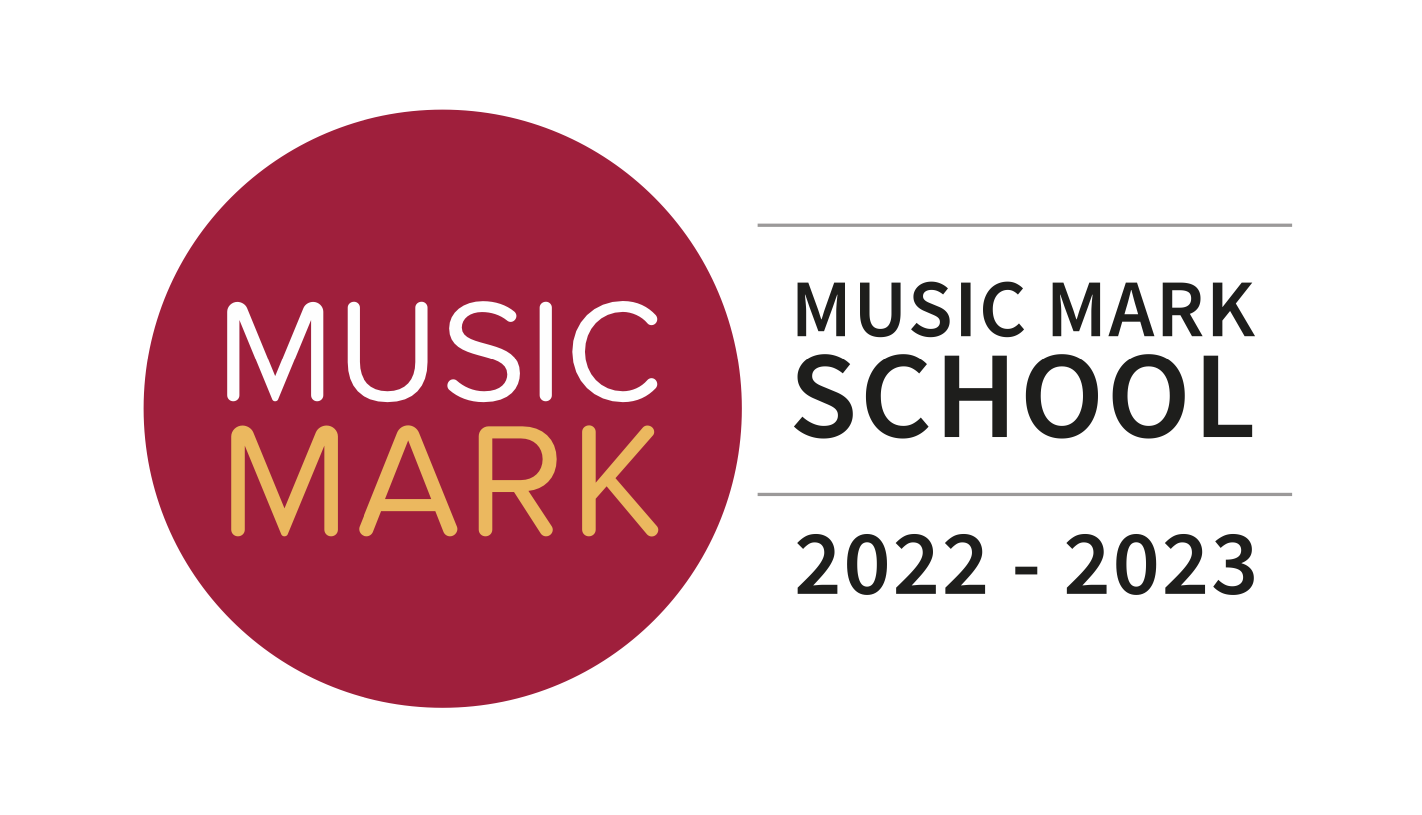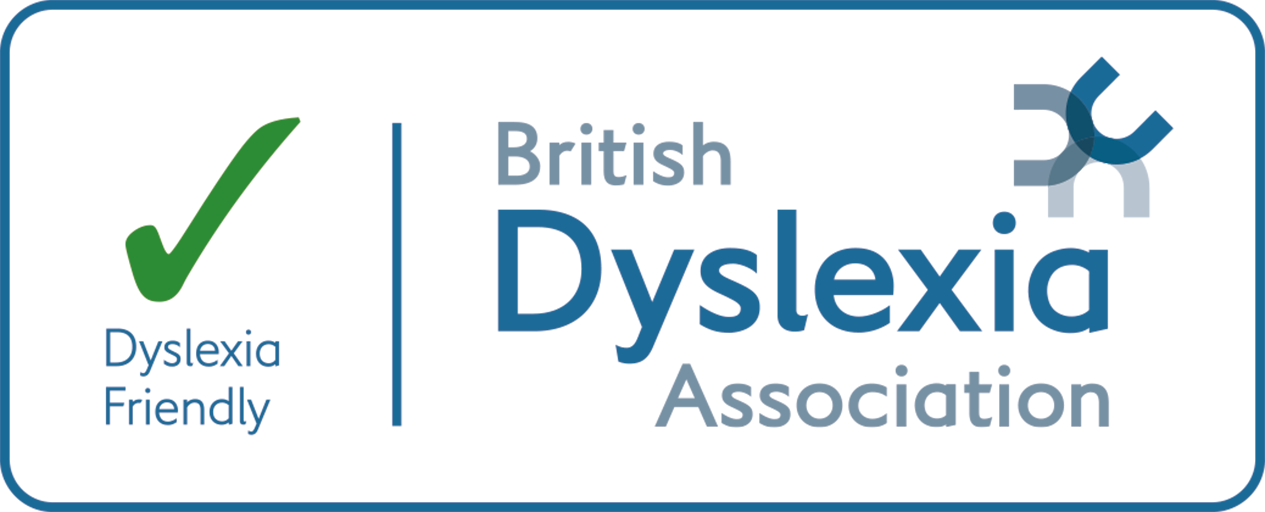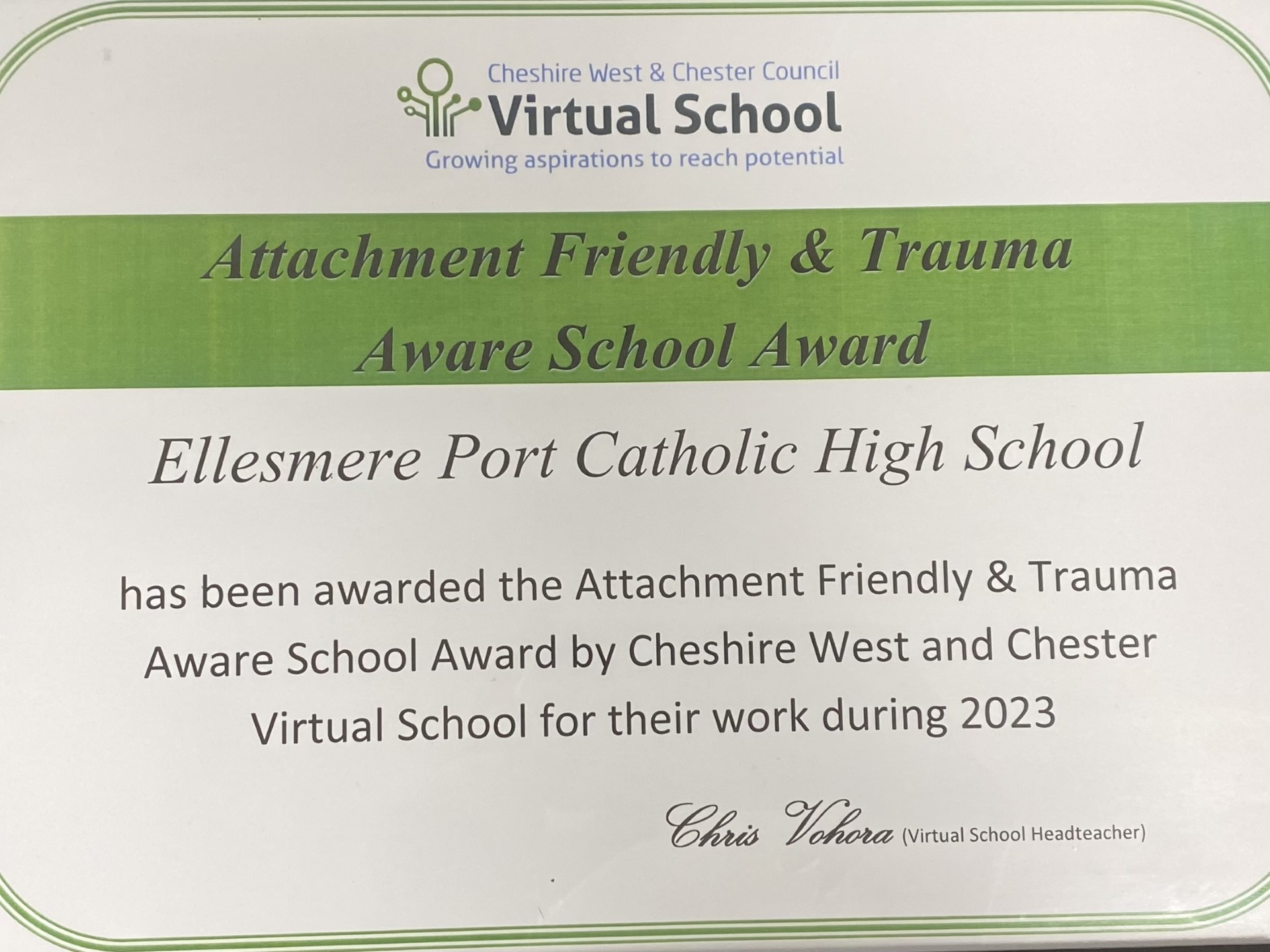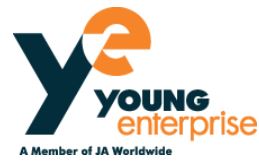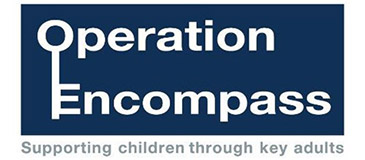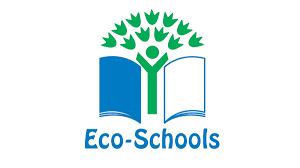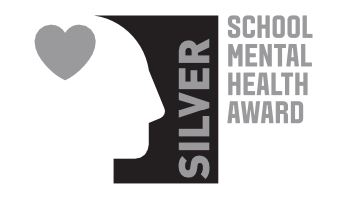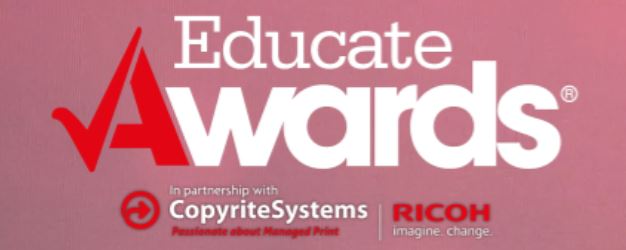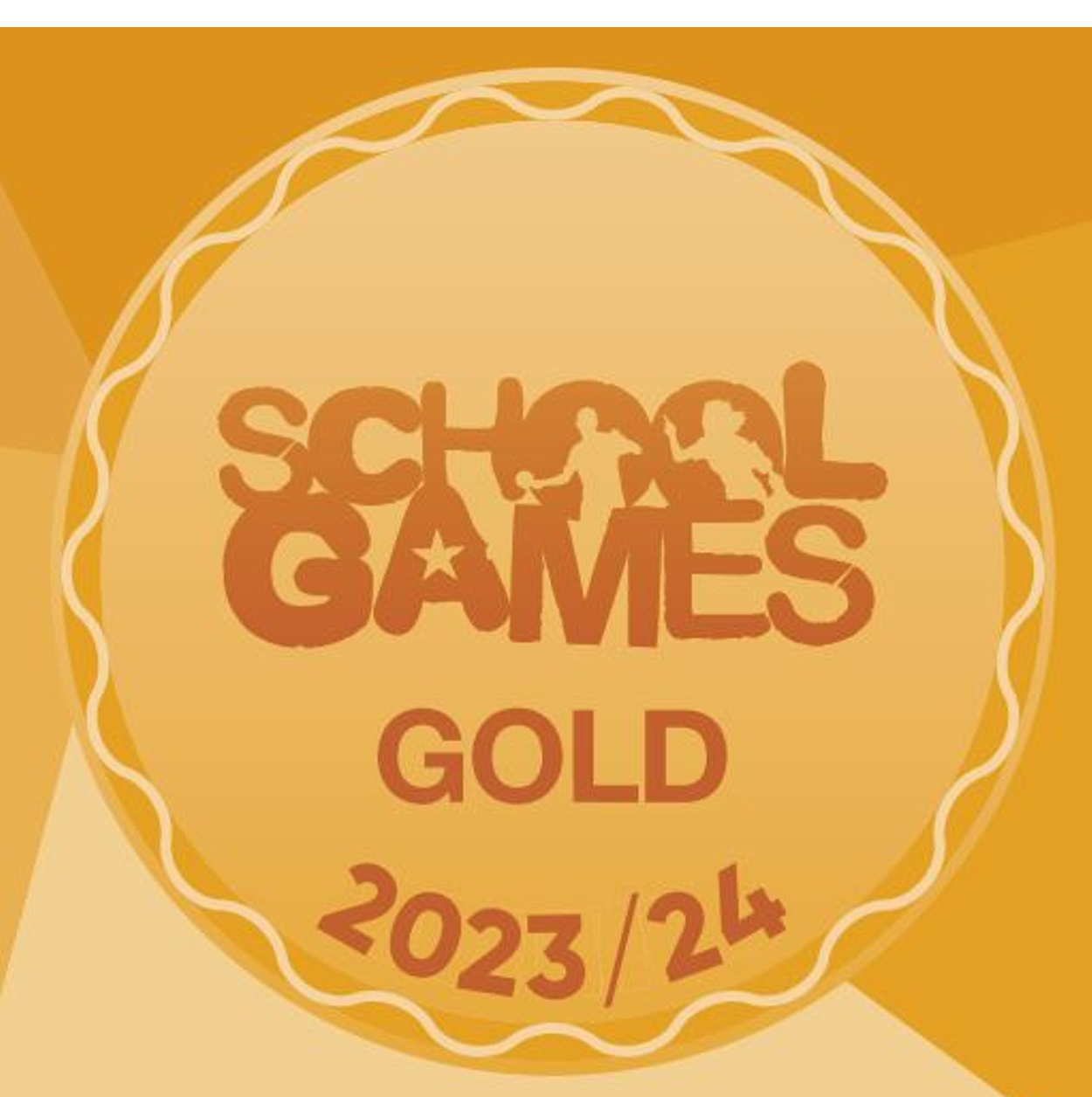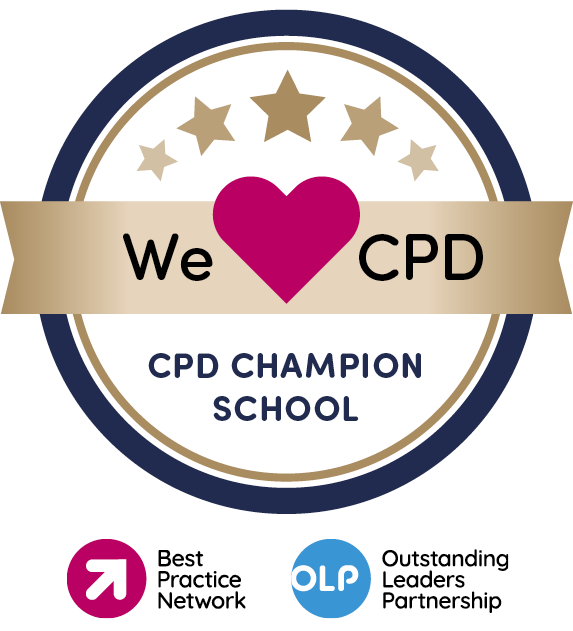Music
Department Intent Statement
At Ellesmere Port Catholic High School we aim to create the very best musicians; we challenge students to think, act and speak like those working in the field. We do this through quality first teaching which challenges our students to not only understand different styles and genres of music but requires them to explore, discuss, and demonstrate this understanding in creative ways. They are challenged in all lessons to be able to demonstrate understanding and creativity through performance, composition, through collaboration with their peers and through evaluation of their own work
“I would teach children music, physics, and philosophy but most importantly music, for the patterns in music and all the arts are the keys to learning” – Plato
“Music is what tells us that the human race is greater than we realise” – Napoleon
“If I had my life to live over again, I would have made a rule to read some poetry and listen to some music at least once every week” – Darwin
Three quotes from some of the world’s most influential figures tell us all about why the Music Department at Ellesmere Port Catholic High School is teaching a broad and balanced curriculum that inspires our students to explore the world of music.
Our curriculum at Ellesmere Port Catholic High School goes far beyond what is taught in lessons, for whilst we want students to achieve the very best examination results possible, we believe our curriculum goes beyond what is examinable. As a department we offer a wide range of extra-curricular opportunities for those students who want to develop their musical skills and abilities beyond a classroom curriculum. Individual instrumental lessons are available to all students throughout the school. We also have a vibrant collection of musical ensembles which we believe offer opportunities to a wide range of students, allowing them to collaborate with other musicians and thus develop their performance skills, understanding and love of the subject. Where possible and appropriate we endeavour to expose our students to live music including visits to the theatre and to concerts. All students involved in music at EPCHS are given regular opportunities to perform in front of others both as individuals and with the various groups. This builds on their performance skills and also helps to develop their confidence and understanding as musicians.
Our curriculum in Music provides opportunity for creativity throughout the KS3 and KS4 curriculum through composition, performance and listening. The whole of the KS3 curriculum requires students to be able to collaborate whilst being mindful to the opinions and abilities of others. We encourage students to be enquiring in the development of their ideas. Developing the confidence of our students is another vital part of our curriculum and students are frequently challenged to perform their ideas to each other whilst being encouraged to evaluate the success of these performances.
As a knowledge-engaged curriculum we believe that knowledge underpins and enables the application of skills; both are entwined. As a department we define the powerful knowledge our students need and help them recall it by having a carefully planned progression through our curriculum which not only builds on prior knowledge but regularly enables students to develop key skills in all topic areas. We expect and encourage students to use key musical terminology within their work. We have created bespoke curriculum booklets which support the learning of our students at KS3 and KS4 giving them the opportunity to reflect on their achievements and opportunities to explore the wider vision of music.
Key Stage 3 Intent Statement
Key Stage 3 explores and develops the skills of practical music making, alongside learning the basics of musical theory. When students enter Year 7, we find that for most of our students, this is their first experience of being taught music explicitly, so initially lessons begin by working on the foundation skills that are required to play an instrument, and understand how to read basic scores. All students will first be taught how to understand the main elements in music; these skills are transferable skills to both solo and ensemble playing on a variety of instruments through different styles of music. As the year progresses, our students face more and more challenging practical tasks and by the end of the year, all students will have the skills to analyse, compose and perform in various different styles and genres of music. We then build upon this in Year 8. Again, the practical skills development is central to the work completed, however, we now look forward to GCSE and bridge the gap between the foundation skills students have learnt in Year 7 to the more advanced work at GCSE. We again do this through multiple styles and genres and introduce Music Technology at this stage as well to make students into well-rounded modern musicians.
Key Stage 4 Intent Statement
In Years 10 and 11, we follow the NCFE technical award in Music Technology course. This course builds upon what students have learnt both during their school music lessons in years 7, 8 and 9. Within the course, students are expected to analyse the contextual knowledge of various genres from 1960s to the present day and, within that, they study a DAW software which they have to know and understand in great depth. The five key elements they study in the course are: an introduction to music technology and the music business, function of a DAW, musical elements and styles, sound creation and multitrack recording. They also have to produce a piece of music from a synoptic brief and planning stages throughout the process which is 60% of the qualification. Followed by a written exam at 40% externally-set and examined.



